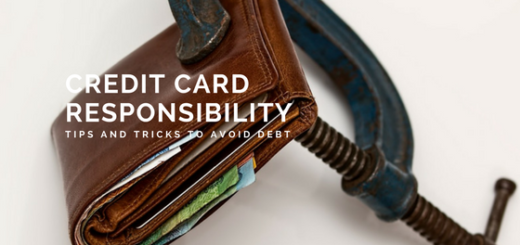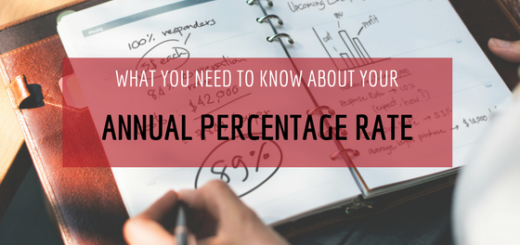Nine Questions You’ve Asked About Your Credit Score
 If you’ve ever tried to take out a loan or open a new credit card, you know how big a role your credit score plays in this process. It determines everything. Banks use this score to determine if you qualify for credit, how much credit and at what interest rate. This one number can make thousands of dollars of difference. Being aware of your score’s importance is a great start, but knowing how it works and why it’s important will help you attain and maintain your financial health. To help you learn what you need to know, here are our answers to some of the most common credit score questions we hear.
If you’ve ever tried to take out a loan or open a new credit card, you know how big a role your credit score plays in this process. It determines everything. Banks use this score to determine if you qualify for credit, how much credit and at what interest rate. This one number can make thousands of dollars of difference. Being aware of your score’s importance is a great start, but knowing how it works and why it’s important will help you attain and maintain your financial health. To help you learn what you need to know, here are our answers to some of the most common credit score questions we hear.
What exactly is a credit score?
A credit score is a measure of your credit risk based on the information provided in your credit report. The higher your score, the lower perceived risk you have to a lender.
Is my credit score different from my credit report?
Think back to your school days. Your credit report is like the report cards you get throughout the year detailing your progress. Your credit score is like a grade point average. The report gives an overview of your performance, while the score gives you a numerical value of how well or poorly you’re performing. (Luckily, your parents signature is not required for your credit report.)
Where can I see my score?
If you don’t already know your credit score, you should. There are several free monitoring services like Credit Karma to help you stay on top of your score. Checking your score often will help you be aware of fraud or identity theft.
Does it damage my credit to check my score?
Checking your own score will not cause your score to change. However, hard inquiries (when a financial institution looks at your credit to make a lending decision) can slightly lower your score. However, the decrease is typically minimal.
Do I have more than one credit score?
You have multiple credit scores, each a little different from the next based on their scoring model. When tracking your score, be sure to check the same score. Otherwise, you may think there is more activity occurring than there really is. The most well-known type of credit score is your FICO score (named for the company Fair Isaac Corp). FICO produces scores for the three major credit bureaus. But, there are other competing scores as well.
How is my credit score calculated?
Each reporting agency calculates credit scores differently from the next. However, they’re based on five categories:
- Payment history– This is typically the number one factor that influences your score. Late or missed payments can cause a significant negative impact on your score.
- Amount of debt owed– This is sometimes referred to as your credit utilization ratio. It refers to the amount of debt you owe compared to the total amount of credit you have. Typically, lower credit utilization results in better scores.
- Credit history– How long you’ve had credit matters. Longer credit history usually benefits your score.
- Credit mix– Having and managing a variety of debts can impact your score. If you’ve successfully dealt with several types of debts, your score can benefit from this experience.
- New credit– This refers to how often hard inquiries are made into your credit report. Each time an inquiry is made, it’s reported to the credit bureaus. So, lots of inquiries in a short period of time can be cause for alarm, and therefore cause a dip in your score.
Can I build my credit score from scratch?
Everything must start somewhere. It can take years to build good credit. But, by being mindful of the five key categories you can start improving your score. Just be diligent about your payments and stick with it.
What is a good credit score?
Now that you know how scoring works and why it’s important, you’re probably wondering what makes a good score. Everyone has different standards of what makes a good score, and different places will categorize scores differently. In general, most scores range from 300 to 850 (the higher your score, the better).
Can I improve my score?
Thankfully, credit scores evolve over time. Just like you can study hard to improve your grade point average in school, you can also work hard to make improvements to your score. Think about the five categories above and how your current habits are affecting those categories. Then, think about what you can do to change that. It takes time to adopt better credit habits, but it’s possible. If you’re struggling with debt, we have services that can help improve your financial health.


